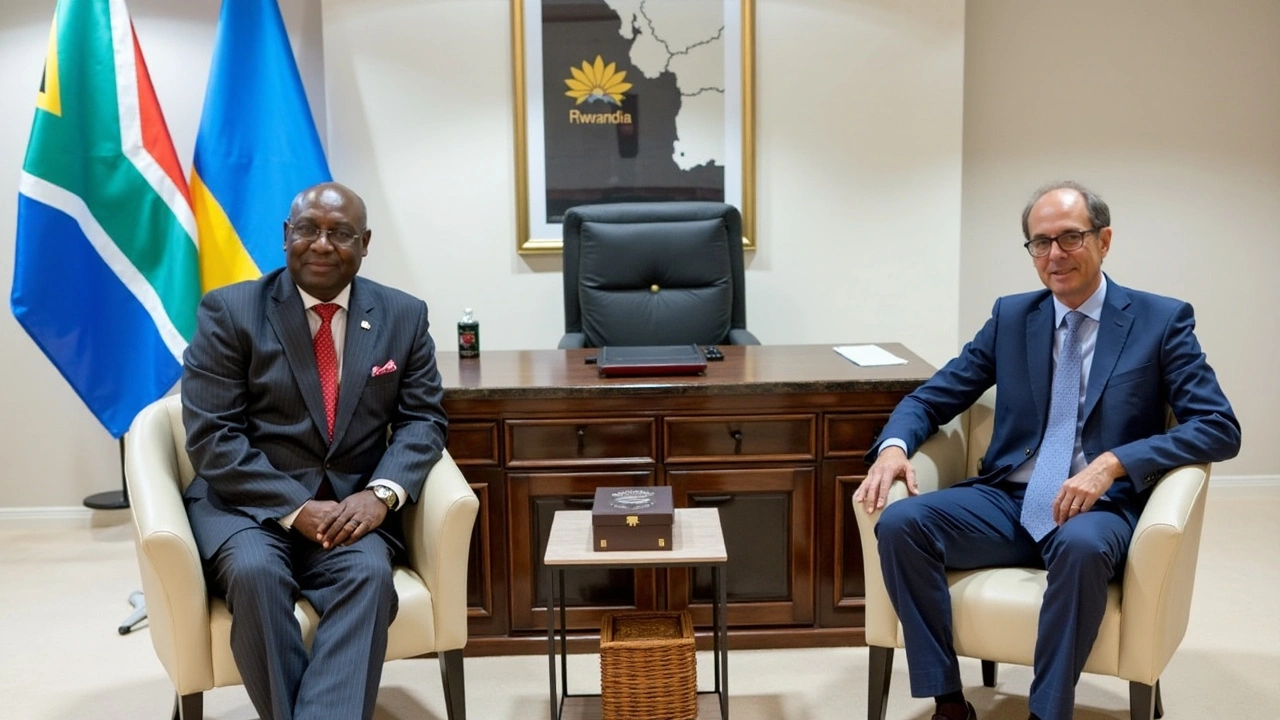Paul Kagame: Understanding Rwanda's Influential Leader
Paul Kagame stands out as one of Africa's most recognized leaders, known for guiding Rwanda through tremendous transformation since the 1990s. His presidency isn't just about politics; it reflects how a nation rebuilds after hardship. But who exactly is Kagame, and why is he so significant in African affairs? Let's break it down.
Who Is Paul Kagame?
Kagame is the President of Rwanda, a role he’s held since 2000 after leading the Rwandan Patriotic Front to end the 1994 genocide. His leadership signaled a shift in Rwanda’s future—focused on recovery, stability, and economic growth. Unlike many leaders, Kagame’s background in the military influences his hands-on and rigorous approach to governance, blending security with development.
Why Should You Care About Kagame’s Policies?
His policies have transformed Rwanda's economy, investment climate, and technological adoption, earning global attention. Kagame pushes for modernization and is an advocate for digital innovation, aiming to position Rwanda as a tech hub in Africa. But his governance style also sparks debates about political freedom and human rights, making him a figure you want to watch closely if you follow African politics.
Whether you’re tracking political developments or African economic trends, Paul Kagame’s moves impact not just Rwanda but the East African region. Stay tuned here for timely updates and clear insights related to him and the broader African landscape.
Rwandan President Paul Kagame criticized South Africa's role in the Democratic Republic of Congo's conflict, labeling the Southern African Development Community Mission in the DRC as belligerent. Ahead of a SADC summit in Harare, Kagame accused South African officials of distorting private conversations and contended that SAMIDRC's military approach displaced genuine peacekeeping efforts, worsening the situation.


 Sports
Sports